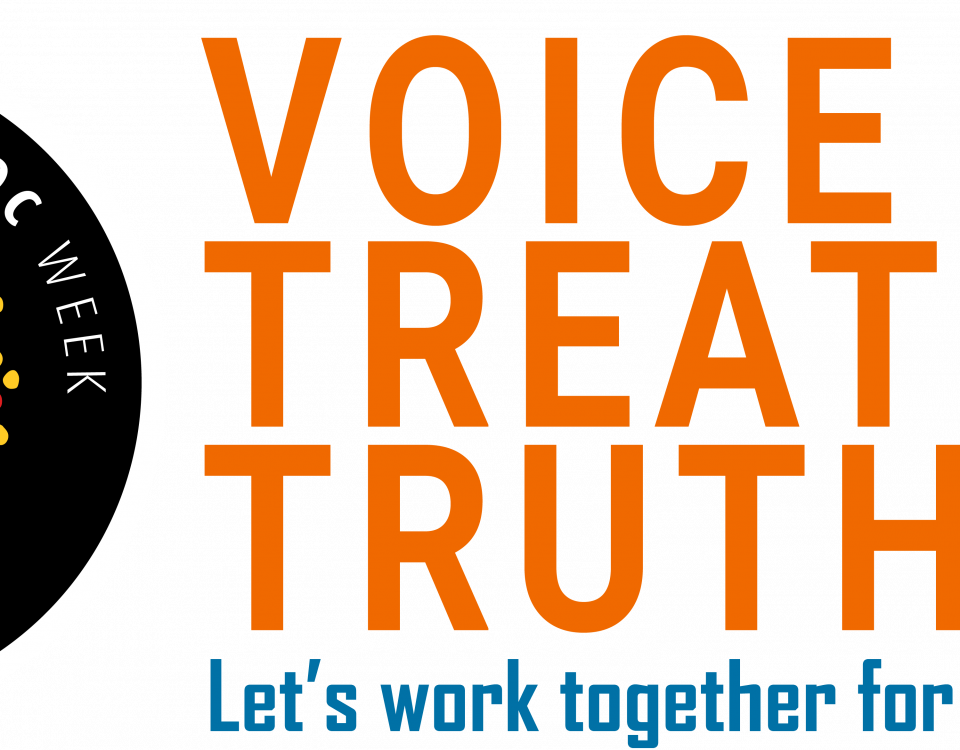Communicating the contagion of suicide vital
March 24, 2014What about the rights of people to be PROTECTED from bigots?
March 27, 2014By Pamela Nathan
Re ‘Black In Brighton’, by Clare Kermond, published in ‘Focus’, The Age, Tuesday 2 March 2014
What an uplifting story. Mariam Issa, a Somali refugee, is an inspiration. She has written a book, A Resilient Life, and the working title was ‘Black in Brighton’ because she felt on arrival that she and her family were the only black people in Brighton. She remembered having to deal with her early feelings of shame, lack of trust and being judged.
Two years ago Issa started a group called Resilient Aspiring Women (RAW) with the aim of building connections, particularly between women. She said: “They say it takes a whole village to raise a child and I add, when you nurture the women, you nurture the village”.
She gives public talks. When speaking in public she begins with: “I am here to connect from the heart. None of you will remember all the words I say, but you will remember your feelings”.
Central to Issa’s personal and community journey in Australia has been the development of her garden as a shared resource. To support the work of RAW, Issa has made connections with nearby Rotary groups and they have built a chookhouse and pergola so the garden can be used in all weather.
In the garden regular sessions with women are held, from the local area as well as many invited form African and other community groups. The groups meet for conversations, storytelling and gardening. Members share their skills – yoga, medicinal herbs and so on. Soon there will be cooking workshops bringing chefs from different cultural backgrounds into the garden to share a simple recipe
One of the RAW’s early gardening sessions was to invite people, Issa says, “to plant a tree with intention”. “These trees are like the antennaes that bring all these amazing women from all round the world here.”
Coming from an oral storytelling culture, another goal for Issa is to change people’s public perceptions of Africans and Africa. She says: “The African narrative has been highjacked to become all about poverty and famine with little room for understanding the richness of the culture”. “If you tell a story enough times the person becomes that story. I want to tell a different story about Africa”.
The article finishes with Issa saying: “It amazes us, the human journey. When I came here I was a stranger, now I am part of this community and I feel that, I feel part of all of this”.
I would like to visit Issa in her garden. She has a wonderful smile and a simple recipe to celebrate humanity and foster connection and resilience.





